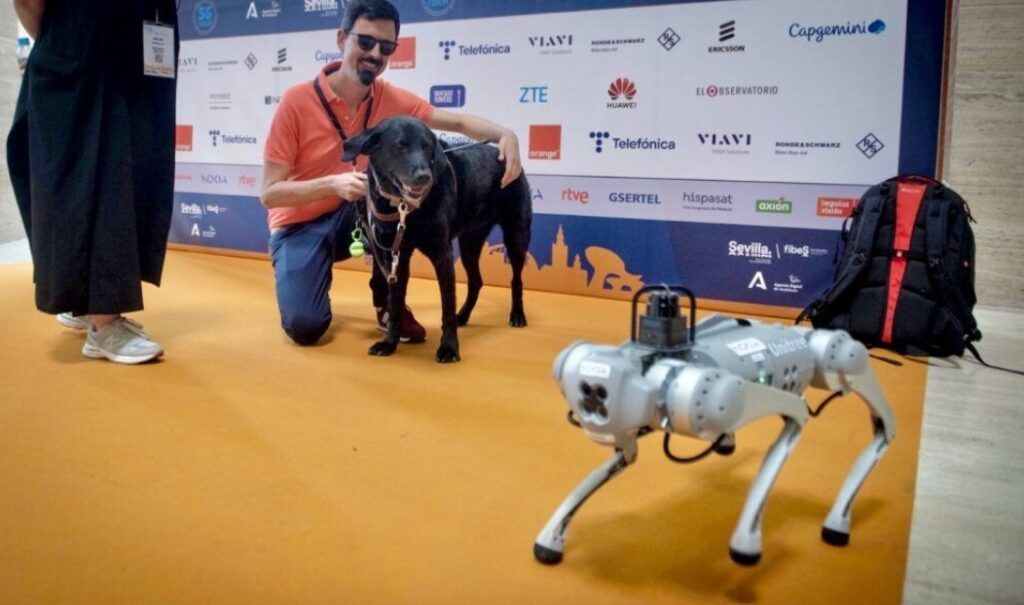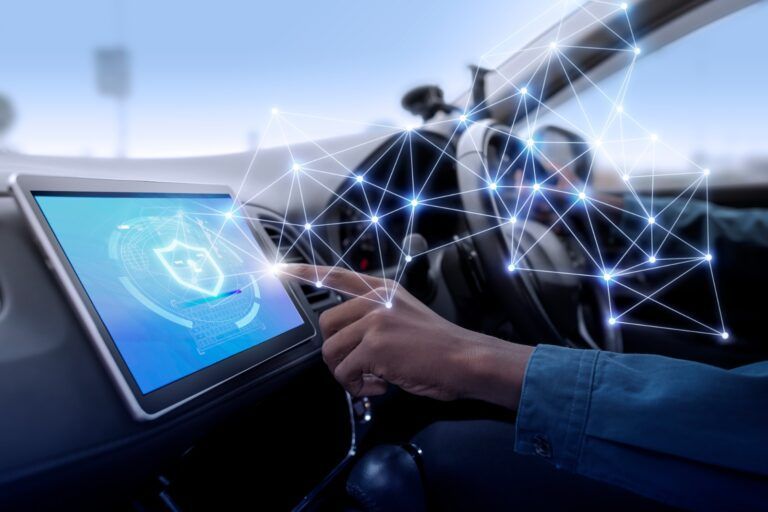- The problems due to the lack of security and privacy of many devices connected from home, will be discussed at the CSI Radar, which starts on Monday 12 in Seville.
- Aitor Fernández, President and Co-Founder of the Spanish Association of Connected Autonomous Vehicles (AEVAC), who is blind, will reflect on the dangers of cybersecurity for the most vulnerable groups.
The President and Co-Founder of the Spanish Association of Connected Autonomous Vehicles (AEVAC), Aitor Fernández, who is blind, will reflect at the CSI Radar in Seville, which starts on Monday 12, on the defenselessness in homes of the most vulnerable groups in the face of cybercriminals.
The International Cybersecurity Radar (CSI Radar) celebrates its first edition with a four-day agenda -two on-site and two virtual-, with the aim of giving a multidisciplinary vision of the problems that Digital Crime generates in society.
Fernandez warns that currently, “many IoT devices are being launched without any kind of security. For example vacuum cleaners, surveillance cameras or plugs, which collect information that make us vulnerable. And in the end this is quite dangerous.”

So much so that the president of AEVAC says: “We are going to regret it. We do not demand encryption systems that prevent us from being monitored at all times“.
Aitor Fernandez (AEVAC) believes that cybersecurity issues have not been given the utmost attention.
“Usually, in a case like mine, the most critical issues are access problems.” Depending on the type of technology we use, there is quite a bit of insecurity. When it comes to electronic locks, when there’s a problem and you can’t solve it physically, you’re in big trouble. We are in a compromised situation if we are talking about visual information systems.”
Artificial Intelligence, one of the biggest breakthroughs
On the other hand, for a blind person like Aitor Fernández, the arrival of Artificial Intelligence has meant a before and after in his day-to-day life. “Society is evolving and will unlock things that we cannot do today.” This progress Fernández is grateful for. “We are able to do many more things: read a text, describe an image. For example, I love to travel. Now I can use my cell phone to describe a place, without having to depend on someone else. If we make the most of it, it will be very positive”.
The Cyber Security International Radar was created with the aim of giving visibility to all the leading companies and multinationals, as well as universities, institutions, manufacturers and experts who are working to improve cybersecurity in companies and public administrations in Spain and around the world. The agenda is already available on the official website.
All CSI Radar conferences can be followed through ‘The Observatory‘, a platform launched by Medina Media Events, where they can be enjoyed throughout the year, in addition to being able to connect at any time with more than 3,700 professionals who are part of the Virtual Networking.
‘The Observatory‘ also allows to be informed of the latest news 365 days a year and has a ‘Netflix’ of almost 600 presentations on New Technologies.
This first edition of CSI Radar is promoted by Telefónica Tech, Sevilla City Office and FIBES, and has the support of AWS, Proofpoint, Huawei, ZTE, IBM, Cremades & Calvo-Sotelo and El Observatorio.

